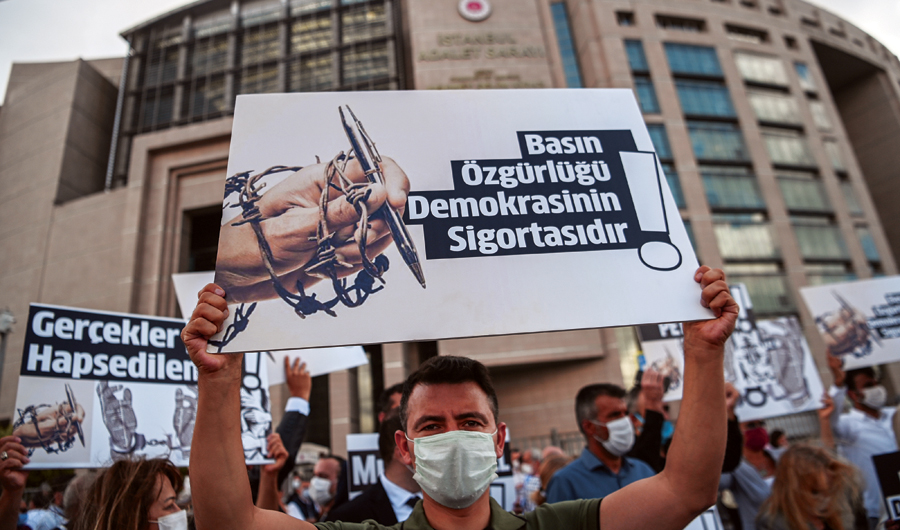Lebanon’s ‘hunger heroes’ bring food to people in need
DUBAI: Preparing over a million meals is no mean feat, but it is an even more extraordinary endeavor when achieved solely through the power of volunteers, donations and the salvaging of over 200 tons of food waste.
Since it was established eight years ago after Maya Terro and her team won a competition, the Beirut-based social enterprise FoodBlessed has grown steadily and organically.
“I was able to turn my passion for food and my pursuit of empowering others into a humanitarian mission that nourishes individuals, communities, and public institutions to promote positive change in their country — one meal at a time,” said Terro, executive director of FoodBlessed.
After raising $2,600 through a fundraising initiative during the holy month of Ramadan, the company began to divert food from landfills, feed hungry people throughout Lebanon, and use food to “build communities and tackle loneliness.”
“We believe that food is an act of love, for the planet and its people,” Terro said. “In the long term, we strive to create a cultural shift fueled by mindful consumption. It is only when people see and appreciate the value of food that they will they stop wasting it and start sharing it.”
As a community-based and volunteer-driven initiative, FoodBlessed relies heavily on the help and generosity of volunteers and monetary and in-kind donations.
The coronavirus pandemic has naturally had a negative effect on the country’s economy and, subsequently, access to food. Over 3,000 community volunteers (otherwise known as “hunger heroes”) have signed up to be part of the solution.
“The current broken Lebanese economy will probably need a minimum of five years to recover,” said Terro. “In this period, we will be diligently working on providing food assistance to Lebanese families across the whole of Lebanon on a weekly basis, be it through a meal or a food parcel.
“One food parcel costs us $19 and is enough to provide food sustenance to a family of four for between three to four weeks. To date, we have successfully distributed 5,000 food parcels across the whole of Lebanon.”
Human compassion is at the forefront of FoodBlessed’s values. Alongside its work with food, the organization aims to help vulnerable communities, including refugees, domestic migrant workers and single mothers — all made possible thanks to its extended network of NGOs, partners, and community members.
IN NUMBERS
- 5,000 Food parcels distributed in Lebanon by FoodBlessed.
- $19 Cost to FoodBlessed of one food parcel.
FoodBlessed also works on rebuilding the dignity of those in need in the way they deliver the food. Terro said: “Instead of lining up for food, like in most humanitarian relief settings, our guests are invited to sit down at our table and made to feel at home.”
However, FoodBlessed’s success has not come without its challenges. Within the first year of starting up, both of Terro’s teammates left, leaving her to manage the company on her own.
“The key to success is self-belief and being true to oneself. Turning rejections into motivations, and embracing one’s difference and uniqueness is the only way to make it in the world,” she said.
“Sadly, the majority of people, including sometimes the people closest to you, will judge you and often mistaken your diligent determination for ego or for aggressiveness. Nevertheless, I urge you to never lose hope.”
___________
• This report is being published by Arab News as a partner of the Middle East Exchange, which was launched by the Mohammed bin Rashid Al Maktoum Global Initiatives to reflect the vision of the UAE prime minister and ruler of Dubai to explore the possibility of changing the status of the Arab region.

Hunger threatens Lebanon if leaders don’t act, UK minister warnsLebanon plunged into ‘deliberate depression’: World Bank



